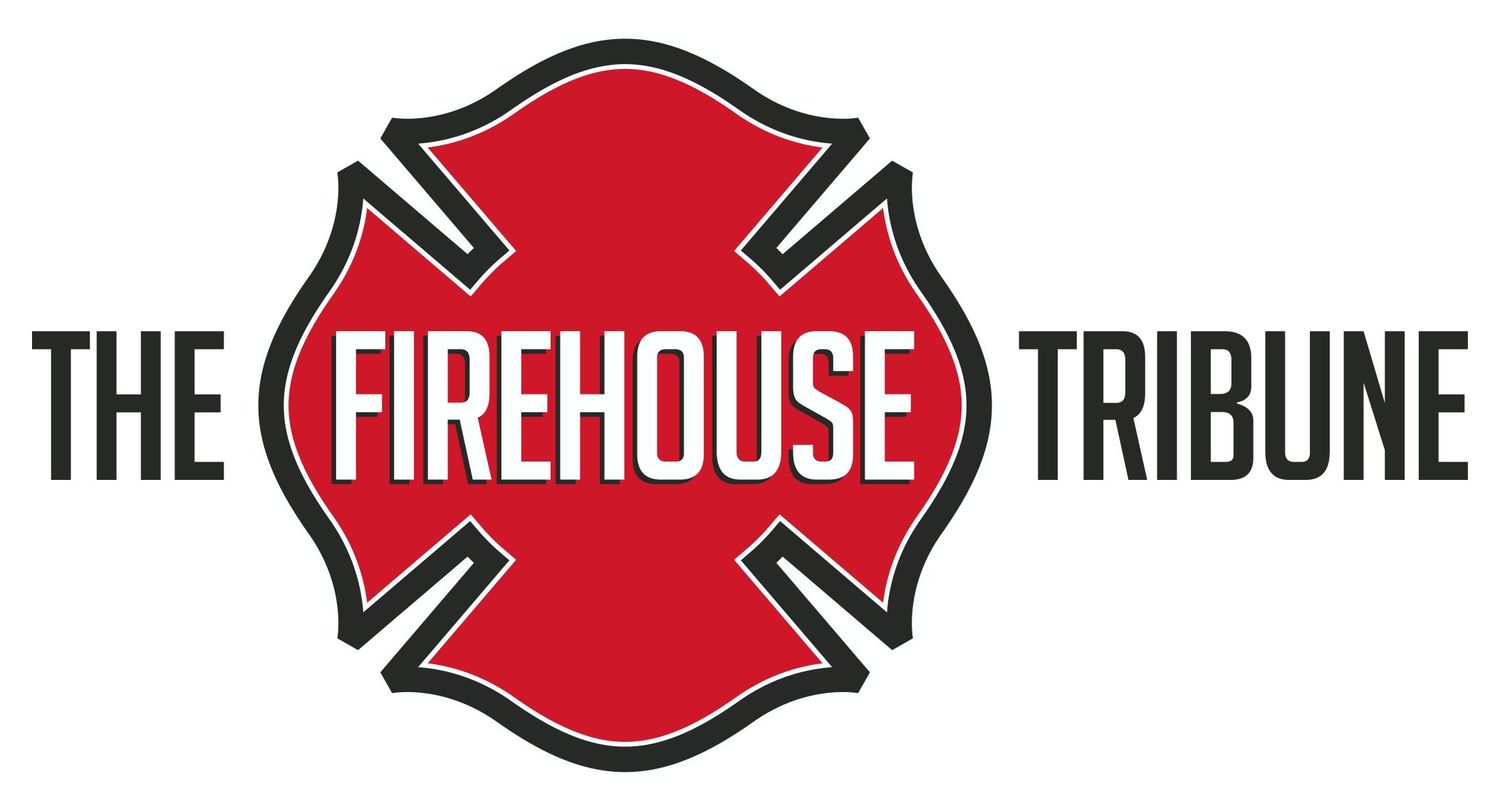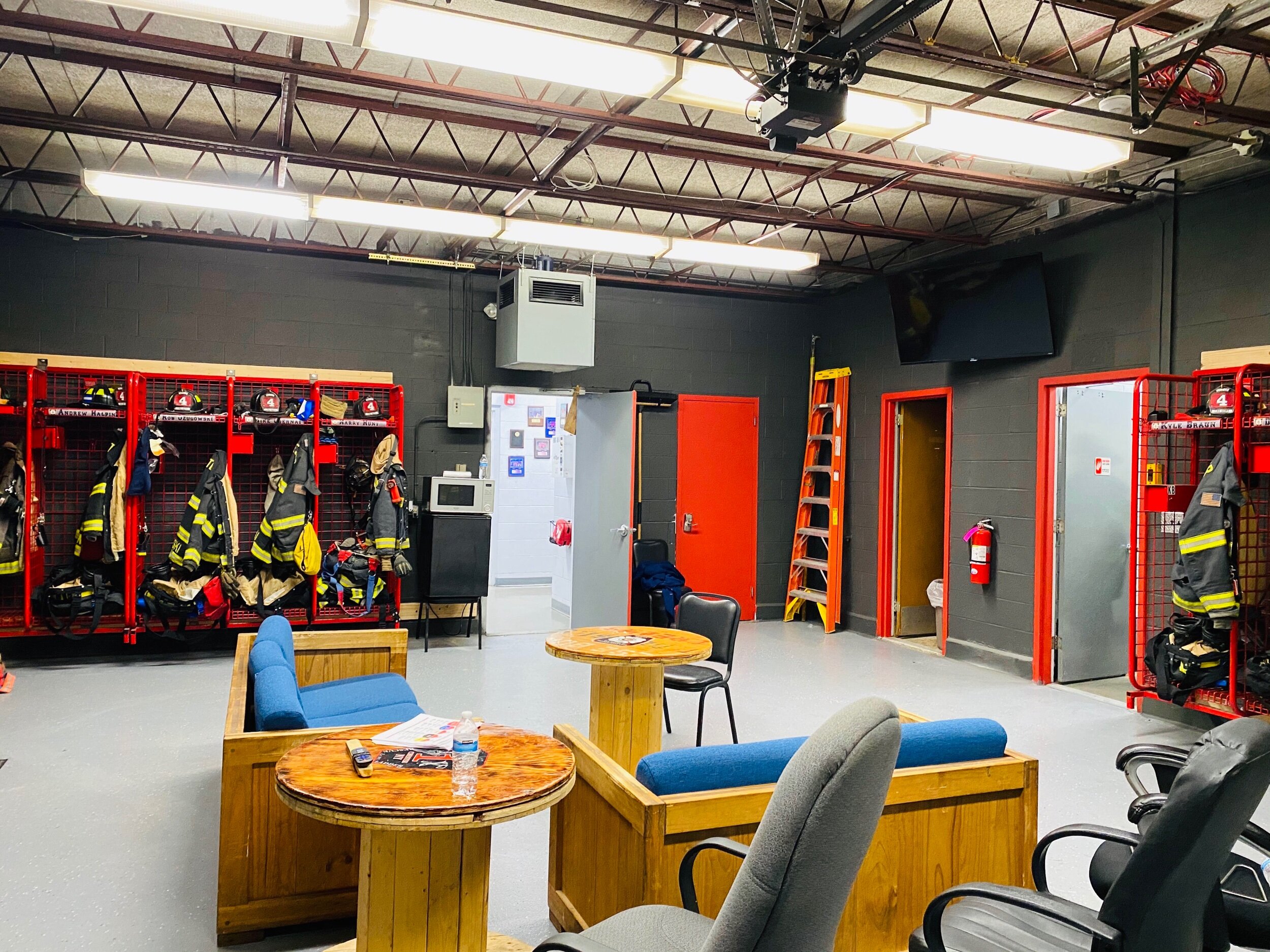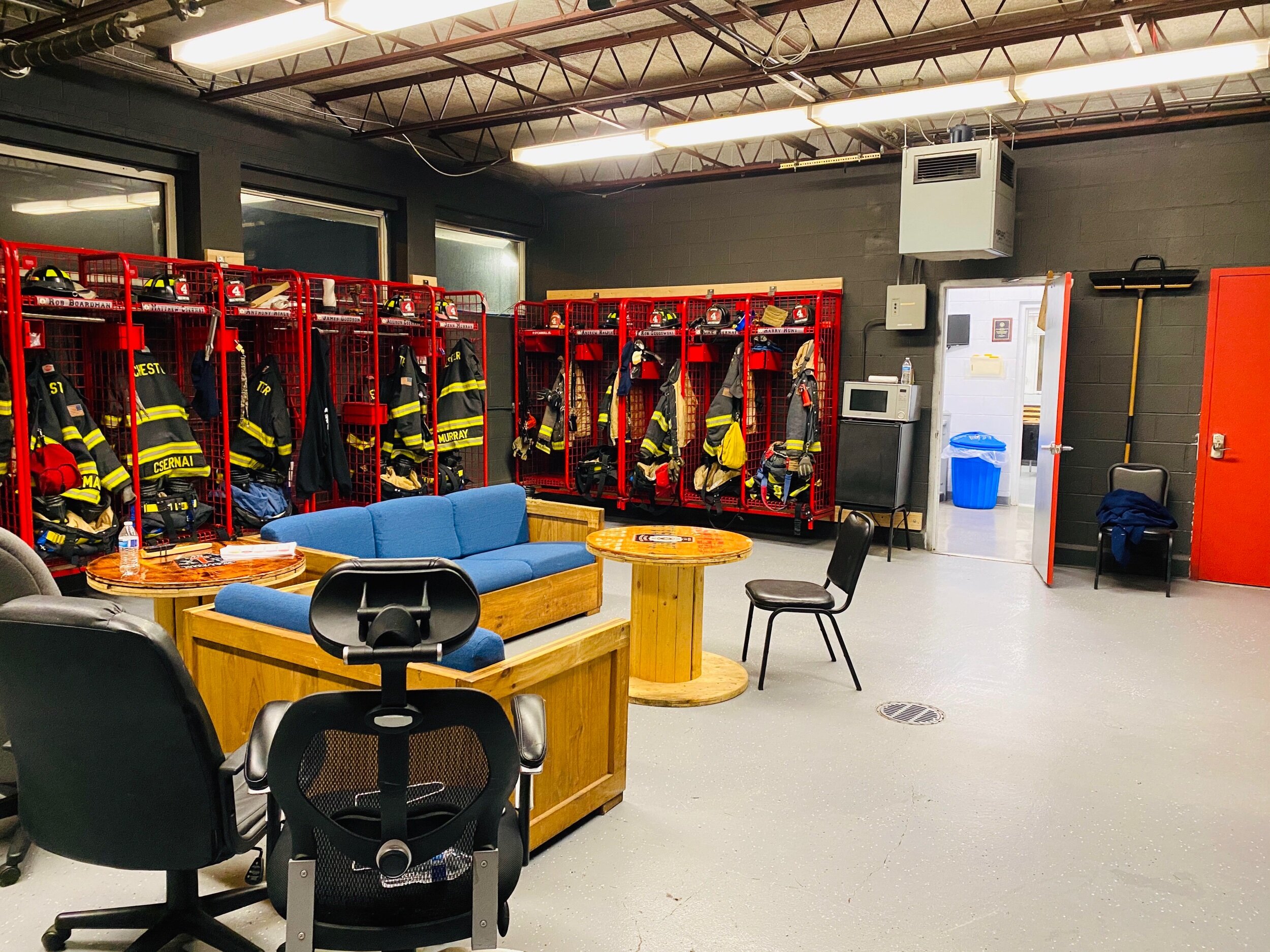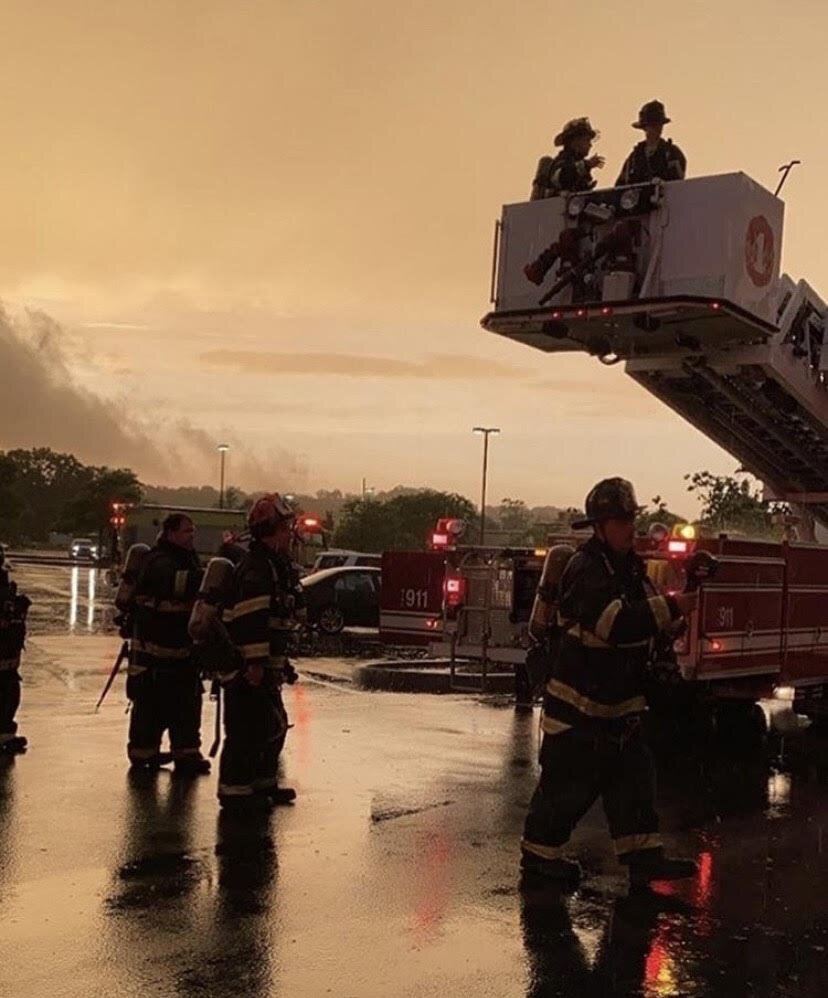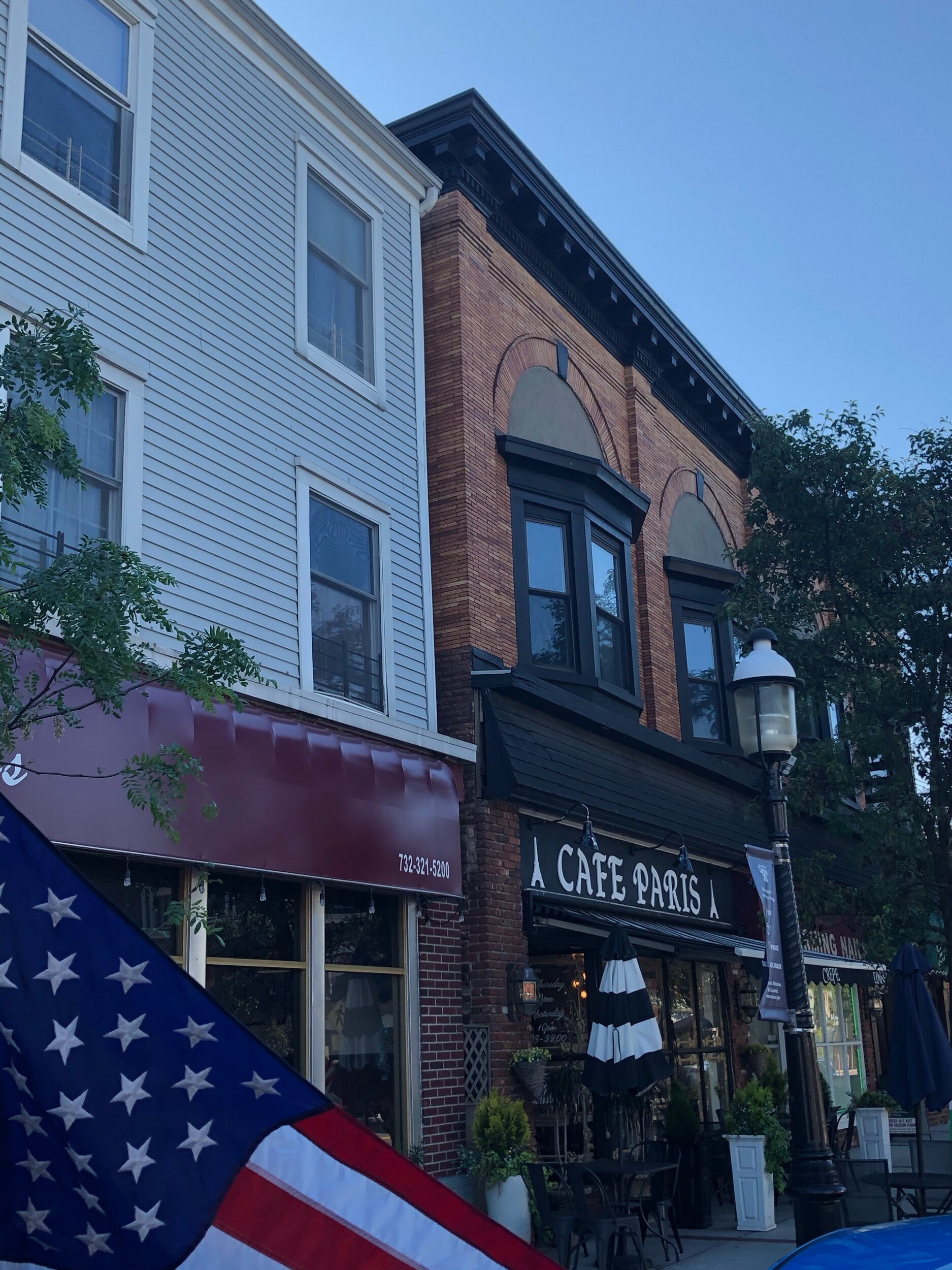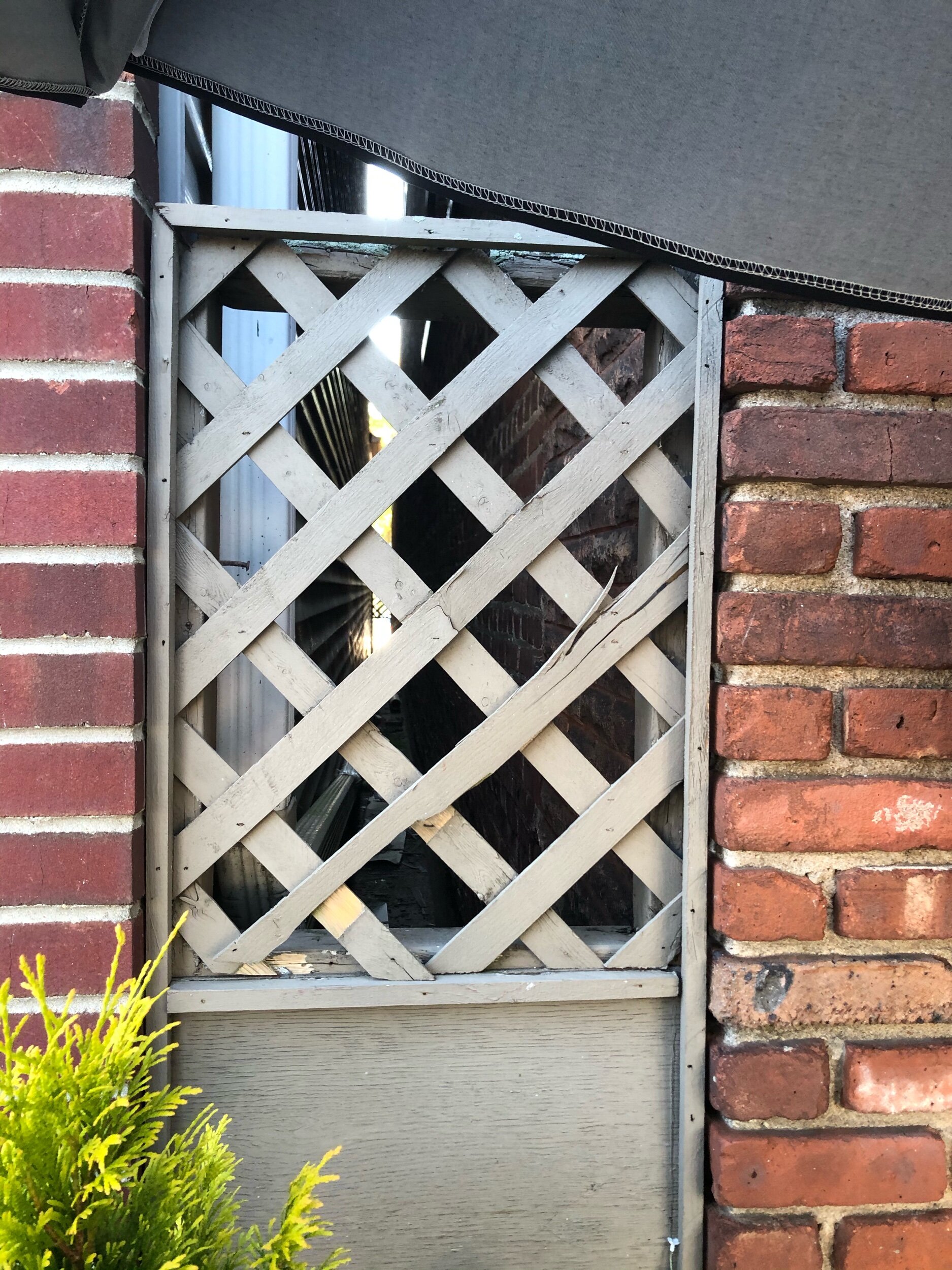The fire service means a lot of different things to different people. There are the “adrenaline junkies,” who love to hear the bells hit, the sirens scream and the lights start flashing. There are the “probies,” new to the job or department, who are excited to be a part of the fire service, but as of yet, do not have a great deal of knowledge. Then there are those with their five-to-ten-year-careers, who are used to the calls and the firehouse routines. And finally, there are the veterans, with anywhere from ten-to-thirty years of service. Yet no matter which of these levels you find yourself, there is one word that is used around the firehouse, probably only second to, “food,” and that word is “family.”
No matter the type of department you belong to, career, volunteer, part-pay or WUI, no doubt that you have not only heard the word, “family” used many times in the firehouse, but you have used it yourself. In some ways, the word holds true; some of us spend almost every shift as 24-on/48-off. Others spend a volunteer shift a couple of times a week. And some, camp in the wilderness, just to grab a bite to eat and a couple of hours of sleep, before fighting the wildland “red devil” early the next morning…again.
All of this makes for a great amount of time being spent together. We train, we learn, we eat, relax, and often sleep (or try to) together. Almost sounds like a real family. And of course, related words often used are “brother” and “sister.” Moreover, we refer to other firefighters, even those we have never met, as “family.”
The question is, in our hearts, on an everyday basis, do we see our own fellow firefighters, truly as family or only when we believe they have risen to an artificial level that we have pre-set within our own judgmental minds? There is an old idiom in the fire service; the two things that firefighters detest most are change and status quo. Thus, a new probie, a rookie, a new volunteer or a WUI, often are forced to prove him/herself, before be accepted by the existing members. Yet did not each and every one of us, take almost the same oath, “To protect lives and property?”
Nevertheless, many of these fresh, new members and even temporary transfers are welcomed to the station or crew as “ghosts;” treated either as non-existent or as outsiders until they prove themselves. And ask yourself this, “Who do they have to prove themselves to?” You? Because you have eighteen months on the job? Or you, because you do not believe that a women is capable of being a terrific firefighter? Or you, because you are the senior member of the “house” and every rookie must “prove” themselves to you?
Let us re-visit the word, family. If you have an older sibling, did your parents ask that sibling if he/she would “allow” them to bring another child into the family? If you are an older sibling, did your parents ask your permission to have another child? Get my point?
While we will all agree that every able-bodied, man or woman will need to learn a great deal, above and beyond what was learned in rookie school, in his/her newly assigned station, department, etc., I posit that this additional knowledge should have nothing to do with whether they are considered family or not. If they took the oath and received their badge, they are indeed, family.
Unfortunately, far too many firefighters, of every rank, all too often want to test the rookies, not about true fire duties, responsibilities and/or tactics, but by denigrating them, forcing them to perform all the menial tasks of a firehouse, over and over again; perhaps to the point where he/she might resign. And when they do, those in that firehouse continue to besmirch them, with negative comments, e.g., “He couldn’t even wash the floor,” “She always complained when we made her do ‘toilet duty,” etc.
Is this how we treat “family.” When your uncle from Europe, whom you have only heard about and never met, finally comes to the U.S. to visit, will you treat him like the stranger and foreigner he is to you? Or will you welcome him and sit with him to learn about his life in his country? Or will you order him to clean the 2-1/2 bathrooms in your home and take out all the garbage and recycling, twice a week?
When I used to travel overnight for my former profession, I would always find some time to make my way and visit a local firehouse. I would knock on the door, ring the bell, or walk up to an open bay door. I would show them my ID and badge. And from that moment on, in over fifty visits, I was always treated a “brother” firefighter. Often times, I would even be able to run a call with them. However, while I would always offer to buy-in to a firehouse meal, I was never required to clean the bays, toilets, kitchen, etc., to “qualify” as a member of the fire service family. Moreover, I would always volunteer to help with meals, even offered and cooked a few, help clean-up after the meal, even helped clean a rig that returned after a call.
Why? For me, the answer was simple. Before I joined my first combo department as a volunteer, I was a young man from suburban Boston, who lived a comfortable middle-class life and had worked, one way or another, since age twelve. I had not even planned on being a firefighter.
In this combo department, I was welcomed with open arms. A bit strange back then (in the mid-1970’s), as, a young eighteen-year-old man I met the night of our vote, (and who is still my best friend today) were the first two people of the Jewish faith to ever apply for membership. And for some of the members, we were the first Jewish people that had ever met! Nevertheless, we were welcomed warmly, accepted by all, and immediately included in all of the station life. I did not have to prove myself for other firefighters to shake my hand. Many that night, asked if I had experience and offered assistance any time I wanted to learn something.
Sure, I attended as many drills as my full-time job allowed and, if I did miss a drill, I would always pair up with whoever the caretaker was on the following Saturday or Sunday and learn what I missed. There was one of the caretakers, who wanted to mentor my new friend and I and told us so. He saw our eagerness to learn and he wanted to be sure we learned correctly, so that we would be an asset to any crew on an apparatus, responding to a call.
More than a mentor, the three of us soon became fast friends, as did our families. As a matter of fact, it truly was the fire department’s Women’s Auxiliary that truly brought the word, “family” to have strong meaning in our department. Frequently, family celebrations were held at the firehouse and every paid and volunteer family was invited.
Nice scene, correct? Now ask yourself, do you have that same family atmosphere with your crew, station and/or department? Does your department have this “atmosphere?” Does a new arrival receive a warm greeting from all on his/her first day? Or do you maintain a fraternity/sorority mindset that the “newbie” has to prove his/her worth?
And this has nothing to do with training new recruits. Every firefighter-recruit must go through proper and ongoing training, as should every firefighter! However, training should have no bearing on how the new recruit or even a transfer firefighter is treated.
Today, in 2021, we are all too aware of the told that the stress, the trauma, the tragedies we have seen, all take a toll on our behavioral health, whether you are willing to admit or not! For most fire-rescue personnel, you cannot and probably will not go through your career without being exposed to some of the worst of life, trauma, tragedy, death, dismemberment, etc. Yet, many firefighters believe they are obligated to stifle those emotions. Now, years later, we see both the physical and mental toll of trying to hide the horror.
Juxtapose that with our treatment of our fellow firefighters, be they rookies, or those with less than five or so years under their belts. Would you condone the abuse of probies, just because they are new to the culture, as you would condone the abuse of your child attending a new school for the first day? And please, do not insult me or yourself by justifying such abuse as, “…just kidding around!”
If a firefighter who lives three-thousand miles away from you, needs financial assistance, how would you know about it? And if you did, what would you do about it? On the other hand, if one of your own brothers or sisters, who lived those same three thousand miles away, needed help, what would you do?
If your answer is, “Well, he’s my real brother and he needs my help!” then you really do not understand or cannot comprehend what this word, “family” means to the fire service. Why was the term even used in the fire service?
In its earliest days, from the bucket-brigades to Ben Franklin’s first volunteer fire department and beyond, the word “family” was used because sons often followed their fathers’ examples. If the father was on the bucket brigade or a volunteer firefighter, the oldest son did the same, when he came of age. And the next one and one after that. Thus, that group or department had a true family tradition connected to it. As we progressed into the nineteenth and twentieth centuries and the number of both volunteer and career departments grew, we saw similar traditions. Multiple members of the same family, working for or with the same department as other family members, brought out the concept of the firefighting family. And while we can probably be assured that there was often, good-hearted joking around, the sense of family was never lost.
What about today? Who are you? How do you welcome and approach new recruits? How do you interact with them? Are we so overconfident that we truly believe we have a “right” to cajole, tease and punish a new recruit? “They deserve it,” I have seen on a social media post.
If we are going to use the word “family” for those who willingly face the dangers and scenes that we would not want anyone else to see, then we damn well better live a “family” life, both inside and outside the fire service.
About the Author
Steven S. Greene, is a former volunteer firefighter/EMT, having served four years in Guilford County NC and four year in Onondaga County NY, before a previous injury ended his career.
In 2016, Steve created the podcast, “5-Alarm Task Force.” With listeners in nearly 40 countries, his guest list includes the late Chief Alan Brunacini, Chief Dennis Rubin, Chief Bobby Halton, Chief Tim Sendelbach, Peter Matthews, Commissioner Adam Thiel, and many others. The podcast/webcast is now in its sixth season.
